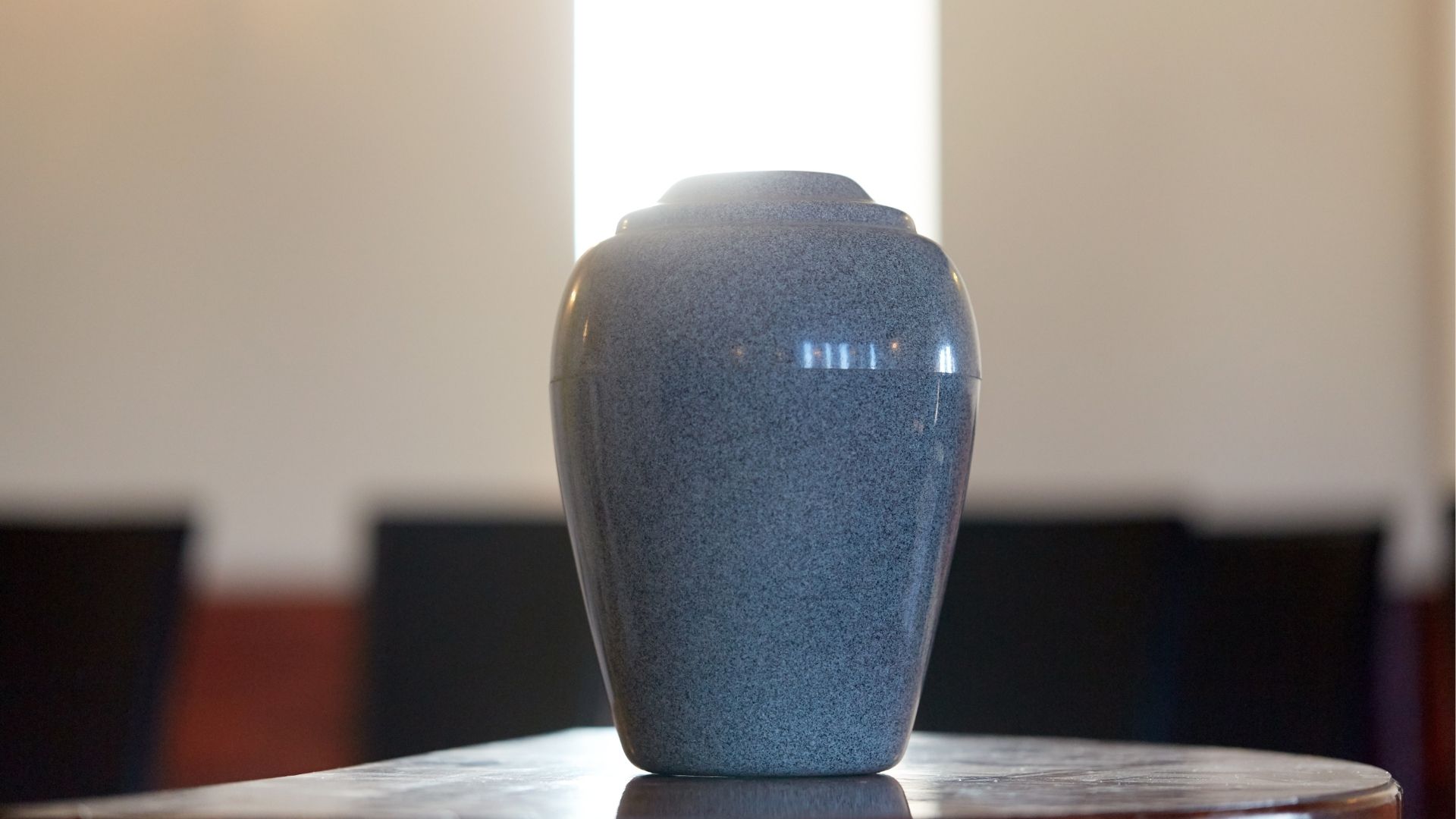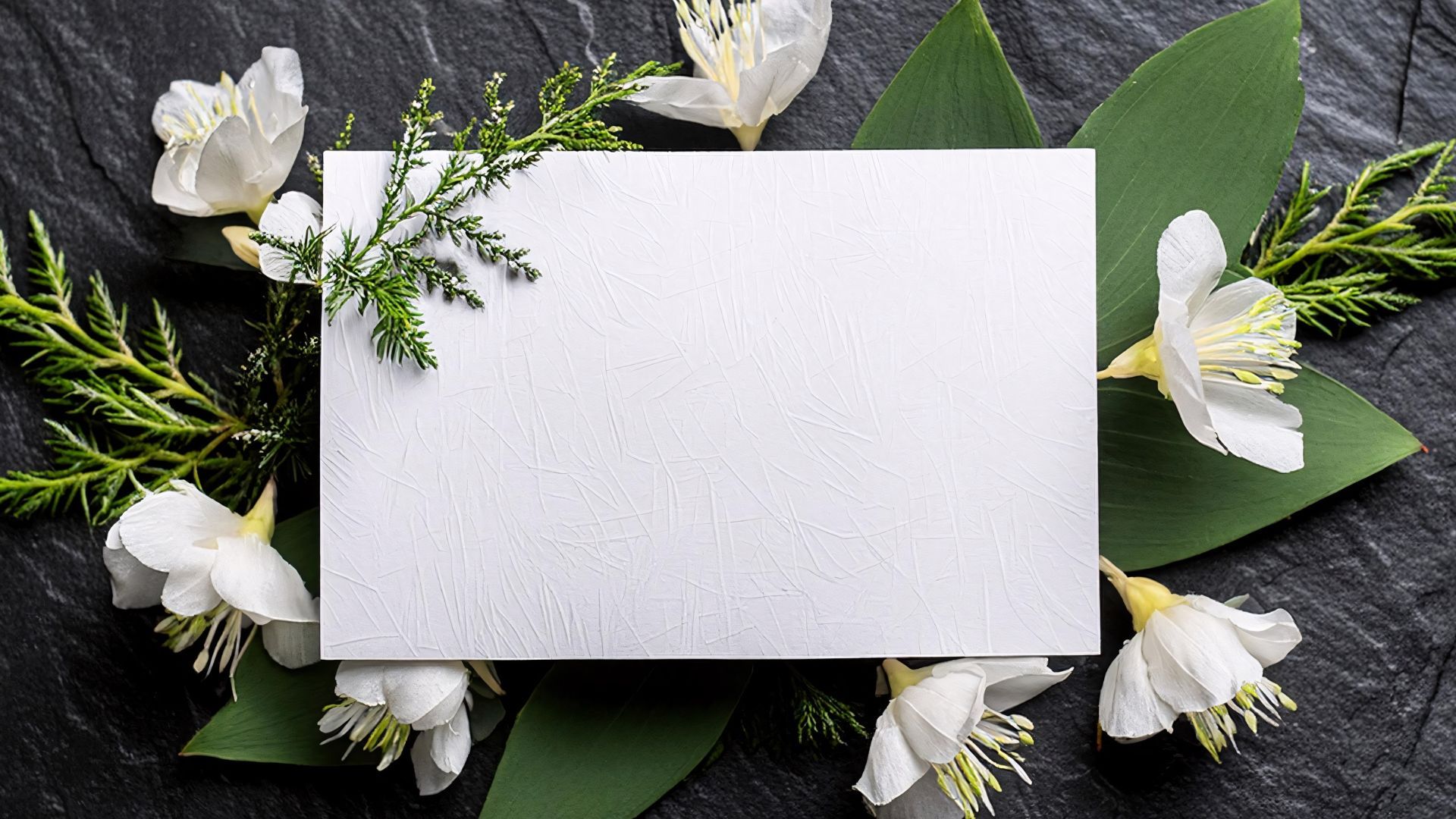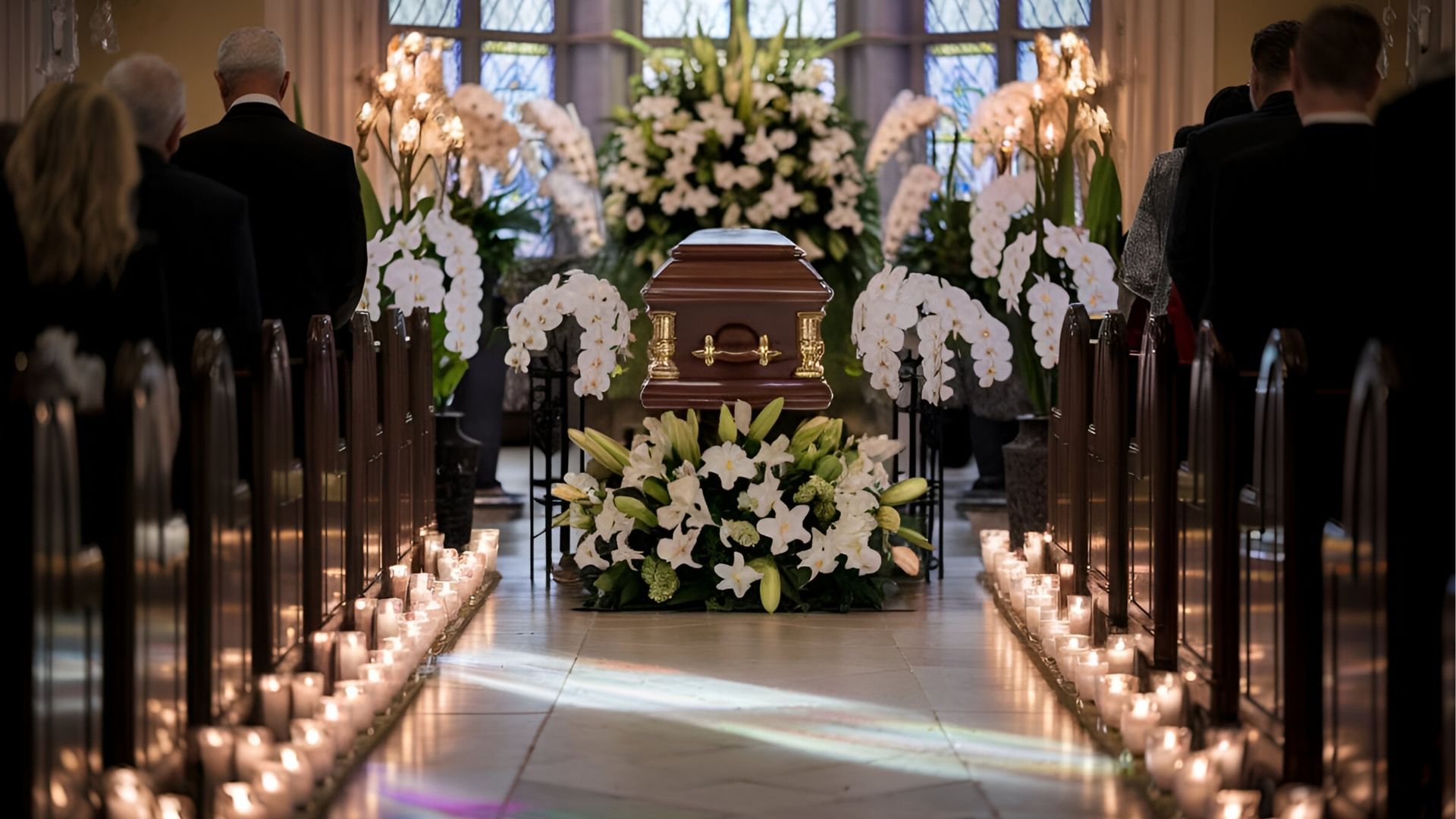Taking ashes abroad to scatter: what you need to know
Planning to scatter ashes abroad? Learn what documents you need, plus travel tips and other options.

Some people want their ashes scattered somewhere special – a beach they loved, a favourite holiday spot or their home country. However, if you're planning to take ashes abroad, there are a few important things to know before you set off.
It's generally legal to take ashes overseas, but the process involves a bit of preparation. Different countries and airlines have different rules, so it's worth planning ahead to avoid any last-minute stress.
Do you need permission?
You don't need permission from the UK government to travel with ashes. However, many countries expect you to have certain documents on arrival.
Some countries may also have rules about where ashes can be scattered. In some places, it's allowed almost anywhere. In others, there may be restrictions on public or natural spaces.
It's best to contact the embassy or consulate of the country you're travelling to. They can explain local laws and customs and let you know about permits you may need. If you're unsure where to start, a travel agent or airline may be able to point you in the right direction.
It's also a good idea to notify your airline that you're travelling with ashes to avoid any holdups.
What documents do you need?
When travelling with ashes, you'll need some documents to carry with you. Most authorities will want to see a copy of the death certificate and the cremation certificate. These prove the ashes have come from a registered crematorium and that they're being transported for personal reasons.
Some countries or airlines may also ask for a document confirming that the ashes are safe to travel with. While not legally required, having a certificate for taking ashes abroad can help avoid delays at customs or airport security.

At Akshardham Funeral Directors, we offer this certificate as an optional extra. It's something many families find useful, especially when travelling to countries with strict border controls. Learn more on our pricing page.
It's important to keep these documents in your hand luggage, not checked baggage. If airport staff need to inspect them, you'll want them to be easy to access.
Travelling with ashes: how to prepare
Airlines usually allow you to carry ashes in your hand luggage. However, there are often rules about the type of container. Most require it to be made from a non-metallic, X-ray-friendly material so it can pass through the airport scanner. It should also be properly sealed to prevent accidental spills during the journey.
If you're not sure what kind of container to use, your funeral director may be able to help you choose one that's suitable for travel. Some families use a temporary container for the flight and transfer the ashes into a display urn or keepsake once they arrive.
It's also a good idea to label the container discreetly – just in case your luggage is checked or delayed. A simple tag with your contact details and a note that the container holds cremated remains can be helpful.
Policies vary between airlines, so it's always worth calling your airline before you travel. Ask what they require, whether they need advance notice and what their security process looks like.
Scattering ashes once you arrive
When you arrive, you may have a clear plan or want to take time to decide what feels right. Some people travel with family or friends and hold a small ceremony together. Others scatter the ashes quietly and privately without a set plan.
Whatever you choose, there are a few things to think about. It's important to be respectful of the location and the people around you. Some families choose quiet areas in nature, away from crowds. You may want to say a few words, play music, or simply take a moment of silence.

If you're near the sea or a river, be aware that scattering ashes into water is not allowed in all countries. Even if it is permitted, there may be rules about distance from shorelines or local wildlife.
You may also decide to keep a small amount of the ashes, either to scatter later or to place in a keepsake. This is especially helpful if different family members want to mark the occasion in their own way.
Other options if you're not travelling
If taking ashes abroad feels too complicated or emotional, there are many thoughtful ways you can do it here in the UK.
Some families choose to scatter ashes in a local natural setting, such as a woodland, riverbank or a dedicated remembrance garden. Others bury the ashes in a cemetery or at home (with permission from the landowner). You can also place ashes in a columbarium (also known as a 'cinerarium'), which is a special structure with niches for urns.
Some people keep the ashes at home in a decorative urn, a simple container, a keepsake box or a piece of jewellery. If you'd like to share ashes between family members, that's also possible.
There's no single way to honour someone's ashes – and no need to rush your decision. You can take your time to choose what feels meaningful.
If you're thinking about travelling with ashes – or exploring your options closer to home – it can help to talk things through. At Akshardham Funeral Directors, we're here to help you choose the best option for you. If you need some support, please feel free to contact our knowledgeable team.
For more helpful advice, read our funeral planning guides.












